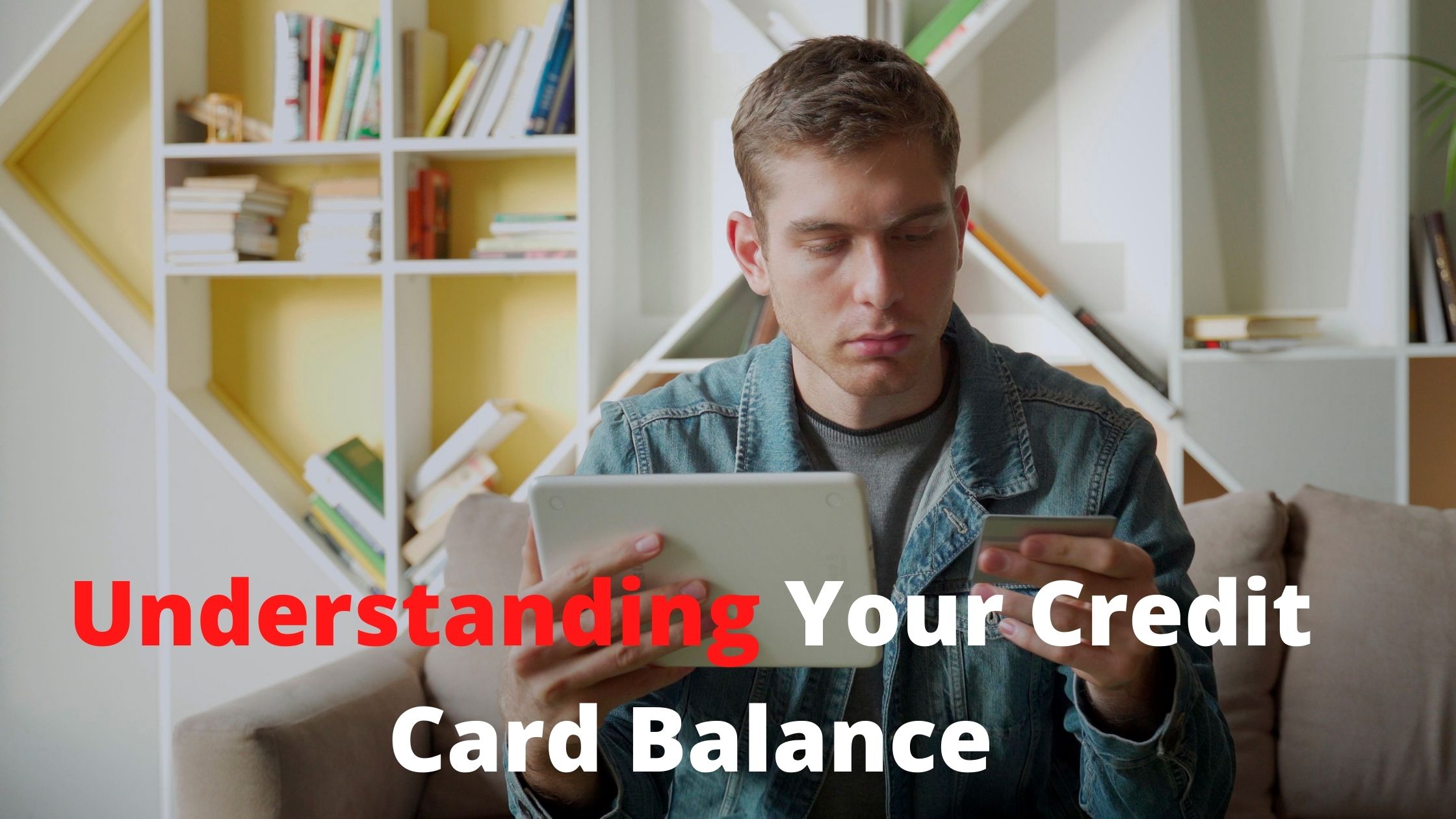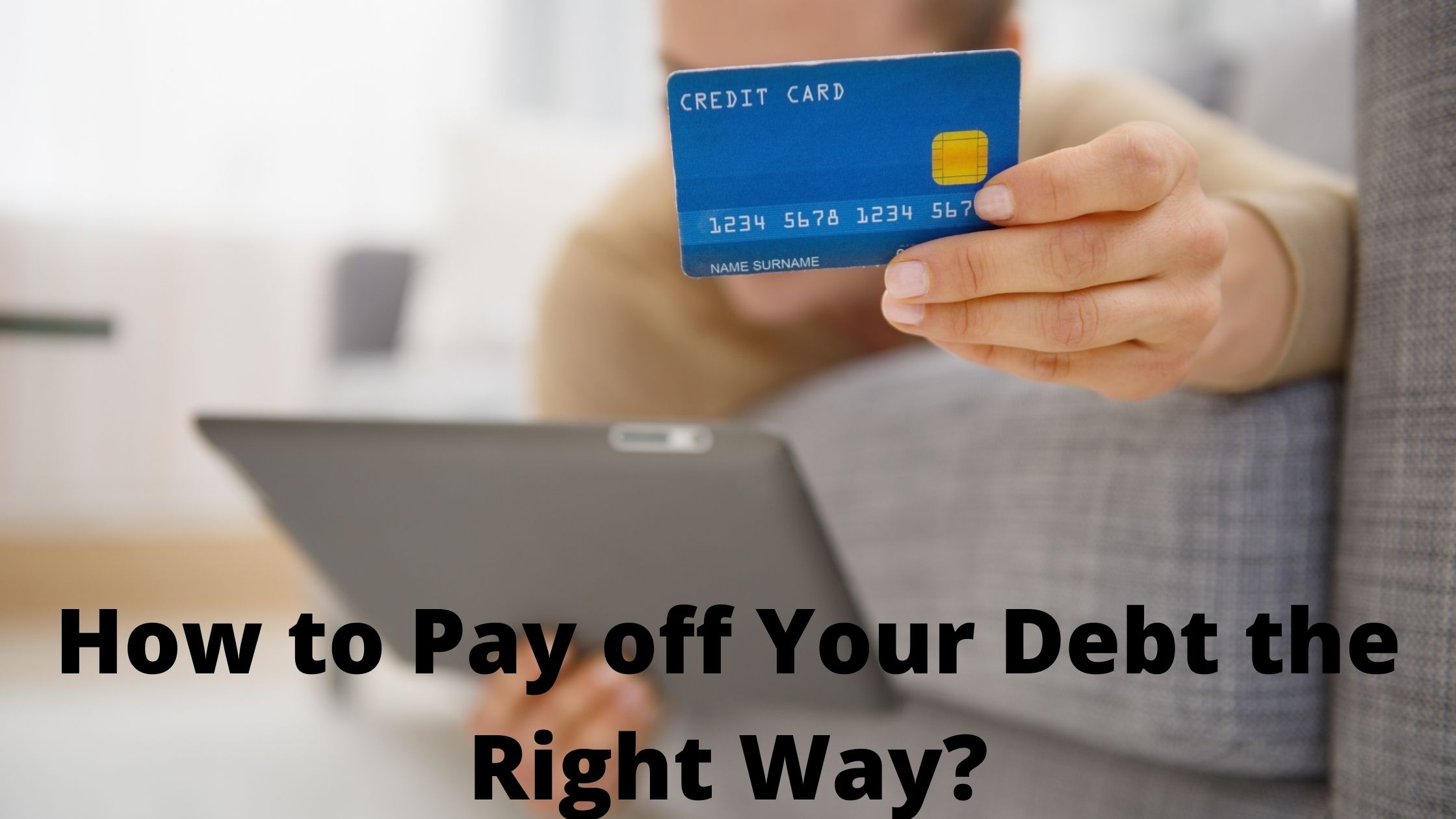Credit card companies are always looking for ways to make money, so they may charge you more for using your card or raising your interest rates. In this article, we’ll give you five tips on how to understand your credit card balance and maximize it so that you pay the lowest possible interest rate.
Understanding Your Credit Card Balance
One of the first things you should do when you receive your credit card statement is to look at your credit card balance. This will give you an idea of how much debt you have and where your money is being spent.
To understand your credit card balance, first divide your total credit card debt by the number of outstanding cards. This will give you an approximate idea of how much each card is contributing to your overall debt.
Once you have a general idea of where your money is being spent, it is important to start making cuts to reduce your overall debt. Try to avoid using your cards for high-interest expenses like mortgages and car payments. Instead, use them for day-to-day expenses like groceries and bills.
By understanding your credit card balance and making smart cuts, you can maximize the benefits of using a credit card.
How to Pay off Your Debt the Right Way?
One of the most important steps you can take to improve your credit score is to pay off your debt as quickly as possible. Here are a few tips for understanding your credit card balance and how to maximize your available funds:
First, always keep track of your credit card balance and monthly payments. This will help you see where you’re spending money and which cards have the best payment options.
Second, use your cards sparingly. If you have several high-interest credit cards, try to switch to a low-interest card or reduce the amount you spend each month on those cards. This will help you avoid building up excessive debt.
Finally, don’t forget about forgiveness programs. Many credit cards offer forgiveness programs for outstanding balances after a certain period of time. This can be a great way to get rid of high-interest debt without having to pay back all of the money at once.
Use Credit Cards Wisely
When it comes to using your credit cards, it’s important to use them wisely. Credit cards can be a great way to improve your financial situation, but you need to be aware of the risks involved.
One of the most important things to remember when using your credit cards is to pay off the balance each month. If you don’t, you will end up paying interest and fees on the outstanding balance. This can quickly add up and lead to a debt crisis.
Another important thing to keep in mind is how credit card companies classify your debt. Your credit score can depend heavily on how much credit card debt you have relative to other types of debt. If you are struggling to pay off your credit card debt, it may be best to focus on reducing that amount first before trying to raise your credit score.
Finally, always keep track of your spending habits. This will help you identify any areas where you may be overspending and make changes accordingly. Understanding your credit card balance and how to maximize it is a key part of being responsible with your finances.
Protect Yourself from Fraud
One of the most important things you can do to protect yourself from fraud is to keep track of your credit card balance. This is especially important if you have a high-risk credit score.
To keep your credit score in good shape, be sure to always pay your bills on time. This will help to lower your credit card debt and improve your credit score.
Another important step is to monitor your credit card utilization. This measures how much of your available credit you’re using each month. If you’re using too much of your available credit, this could indicate that you’re overextending yourself. Try to keep your utilization below 30% each month to maintain a good credit score.
Finally, don’t let your cards become delinquent. This can negatively impact your credit score and lead to higher fees and interest rates on future loans. If something unexpected comes up and you can’t pay off your card right away, try to put the whole amount into savings so that you can pay it off as soon as possible. Doing this will help improve your overall financial situation and protect your credit score in the long term.
Conclusion
Understanding your credit card balance is key to maximizing your earning potential and minimizing your spending. In this article, we offer five tips that will help you understand your credit card balance, track your expenses, and make informed decisions about how much money you want to spend each month. By following these tips, you can ensure that you are taking advantage of all the benefits that come with having a good credit score.


